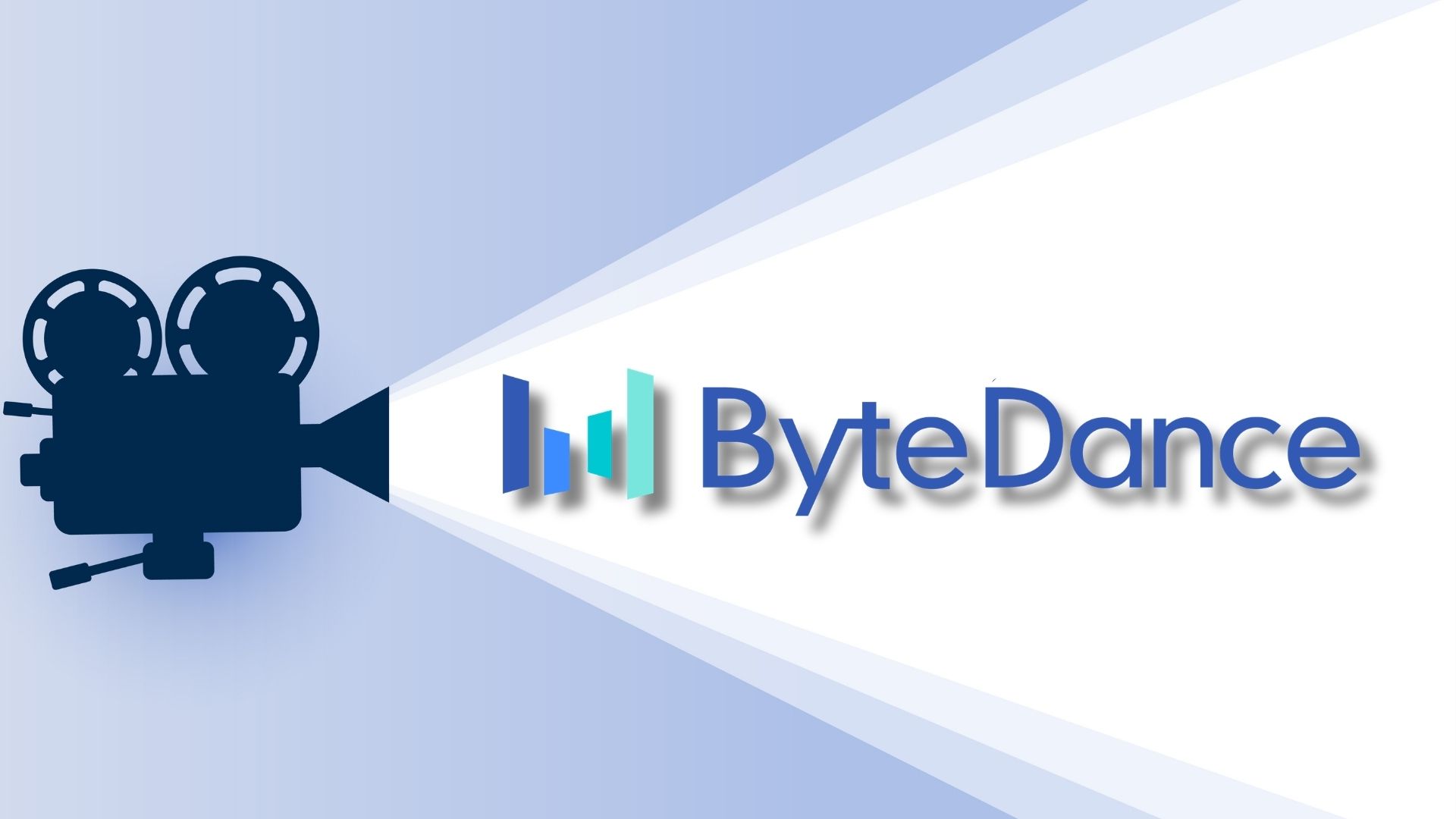Major updates to AI tooling are reshaping website creation as WordPress.com brings an integrated assistant directly into its editor.
The new system works within each site rather than relying on external chat windows, allowing users to adjust layouts, create content, and modify designs in real time. The tool is available to customers on Business and Commerce plans, although activation requires a manual opt-in.
The assistant appears across several core areas of the platform. Inside the editor, it can refine writing, modify styles, translate text and generate new sections with simple instructions.
In the Media Library, you can create new images or apply targeted edits through the platform’s in-house Nano Banana models, eliminating the need for separate subscriptions. Block notes provide an additional way to request suggestions, checks, or link-based context directly within each page.
The updates aim to make site building faster and more efficient by keeping all AI interactions within the existing workflow. Users who prefer a manual experience can ignore the feature entirely, since the assistant remains inactive unless deliberately enabled.
WordPress.com also notes that the system works best with block themes, although image tools are still available for classic themes.
Would you like to learn more about AI, tech and digital diplomacy? If so, ask our Diplo chatbot!









